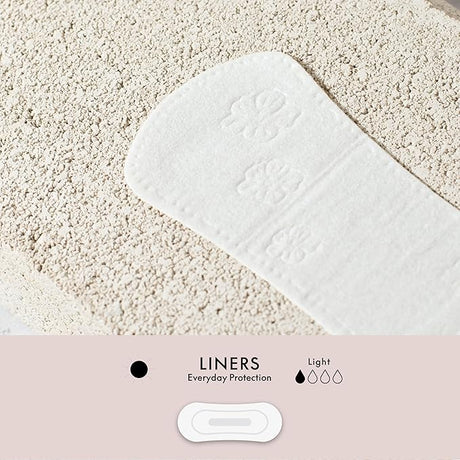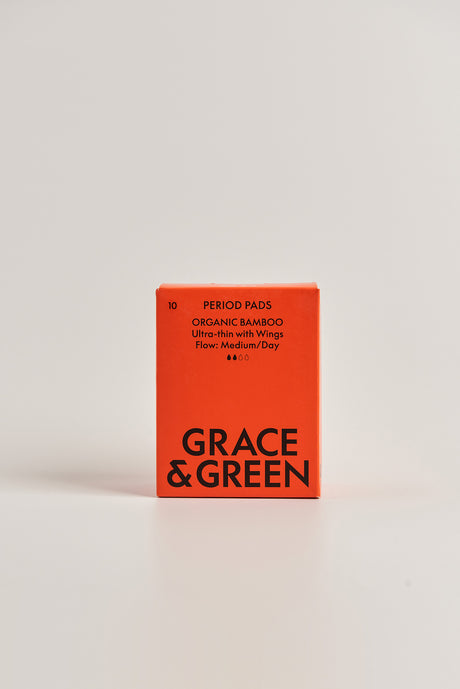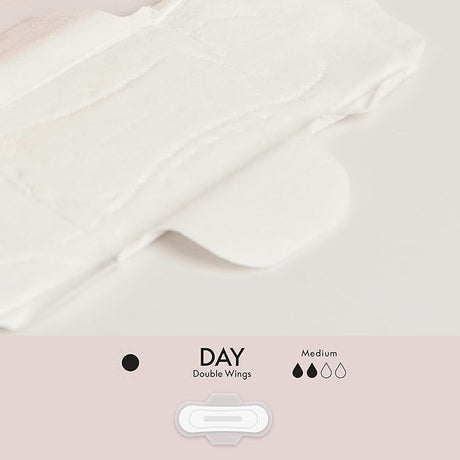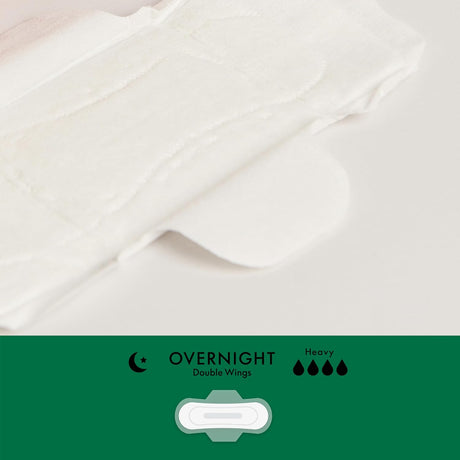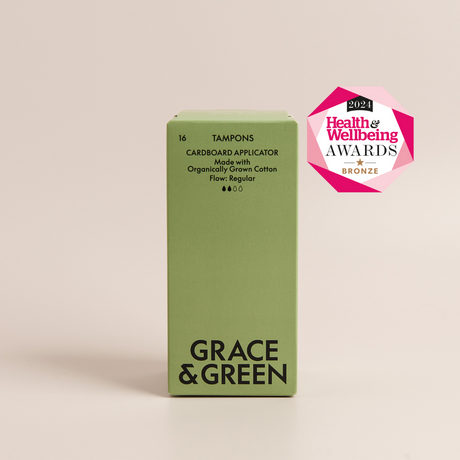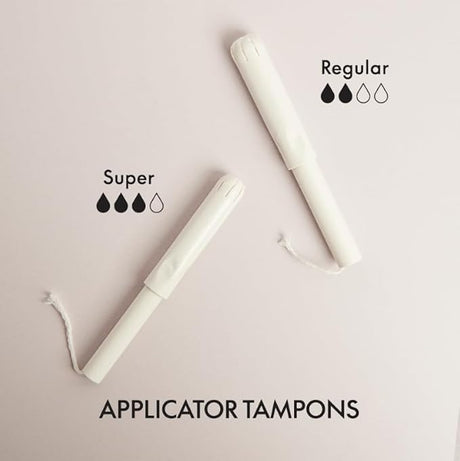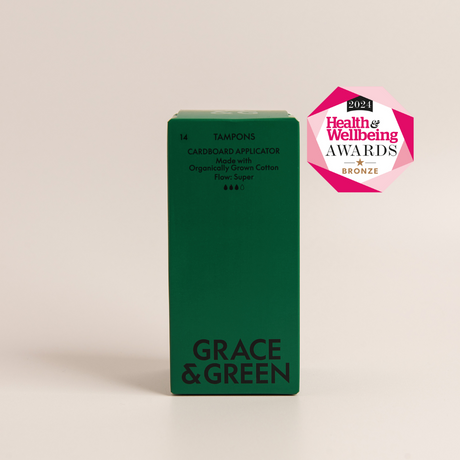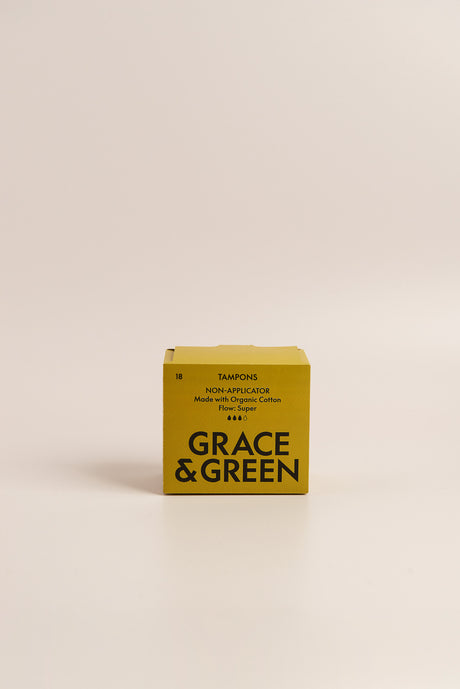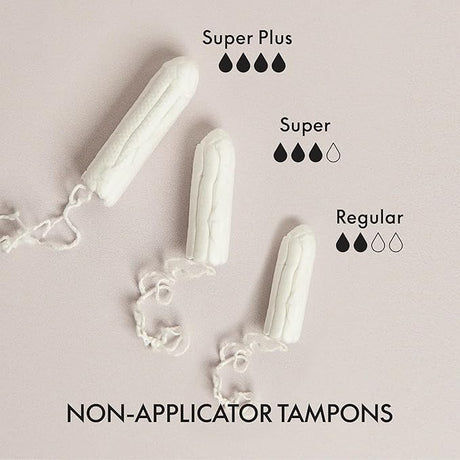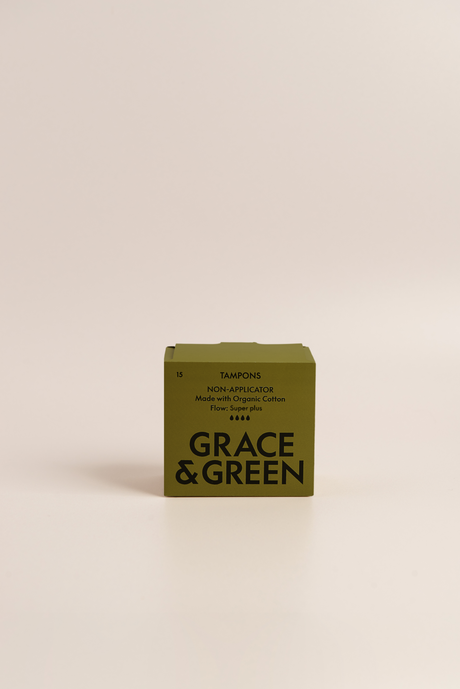Endometriosis is much more than just a "bad period." It affects millions of people worldwide, but it’s still widely misunderstood. For those living with endometriosis, casual comments that haven’t been thought through can often feel dismissive and invalidating.
Creating an understanding society is essential to help people with the disease feel seen and not pushed to the side. A good place to start is by learning more about endometriosis and understanding what you should avoid saying - let’s look at some examples.
“Isn’t Endometriosis Just a Bad Period?”
Some people believe endometriosis is just like having a period, but it’s so much more than this. Endometriosis occurs when tissue which is similar to the lining of the womb grows elsewhere, often in the pelvic area, but it can grow in other parts of the body too. This is called extrapelvic endometriosis. Patches of endometriosis thicken and bleed during your period and can’t leave the body, which can be very painful and cause swelling. Not everyone’s symptoms are the same, but they can include back pain, heavy bleeding, difficulty getting pregnant, fatigue and bowel pain.
People with endometriosis want to feel supported, and validating their experiences is an important place to start. For example, you might say something like “That sounds awful” or “What can I do to help?”
“Doesn’t Endometriosis Make You Infertile?”
Endometriosis can make it harder for some people to conceive, but many people with the disease can get pregnant naturally. In fact, approximately 60-70% of people with endometriosis can spontaneously get pregnant. Infertility due to endometriosis can happen for a number of reasons, such as scarring, which can prevent the egg from reaching the womb. Although some people conceive naturally, there are several pathways to pregnancy, such as IVF (In vitro fertilisation) and IUI (Intrauterine Insemination).
Many women with endometriosis experience anxiety about whether they’ll be able to have a child in the future. Saying, “Doesn’t endometriosis make you infertile?” can heighten their stress and spread false information. They may also have been trying to have a child for a while, and this question may be triggering. It’s best to avoid the question altogether.
“Just Take Some Ibuprofen or Paracetamol.”
Taking pain medication is useful for some people with the disease and can make their symptoms more manageable. However, endometriosis can be extremely painful, and simply taking paracetamol isn’t the solution for everyone. They’ll know what helps them and what doesn’t, and being told by someone who doesn’t understand what they’re going through can be frustrating. Instead, ask how you can help rather than offering solutions.
How You Can Offer Support
There are plenty of ways to support someone with endometriosis; sometimes just being there and being present to listen can be validating. But there are also ways you can help them with the physical side, too.
-
Offer a Listening Ear: A question as simple as “How are you feeling today?” can show someone you care, and it also starts a conversation for them to vent if they need it.
-
Find Out if You Can Get Them Pain Relief: Asking if there is anything you can get for them is helpful, especially on those days when endometriosis is debilitating. You could ask, “Can I get you some tablets and a drink?” or “Shall I run you a bath or get you your hot water bottle (or TENS machine!)”
-
Helping out: Sometimes the last thing on someone's mind when they’re dealing with a chronic illness is thinking about what to have for food, or chores like hoovering. Ask them where you can help.
How to create an endometriosis friendly workplace
If someone has endometriosis and their employer isn’t understanding, it can be very frustrating. Start by asking how you can best support them, because they might give you ideas that haven't even crossed your mind. Here are some things that might be useful.
-
Option to Work from Home: Being at home in their own environment may help them feel more comfortable
-
Adjusting The Work Environment: Quiet areas, turning the lights down/off or changing the temperature can be aids to help them feel better at work
-
Be Approachable: Employers who are approachable can make it easier for employees to communicate whatever they need to
-
Being Flexible with Work Absences: Endometriosis can make it difficult to carry out everyday activities. Be flexible where possible about longer breaks and days off - it can make their life a lot easier.
-
Training: By educating staff and managers about what endometriosis is, you can create a more understanding and inclusive work environment.
-
Provide Free Menstrual Care Products in the Workplace: Offering free period products in the workplace is a simple yet impactful way to support employees with endometriosis. It can help reduce anxiety about leaks and ease the financial burden of constantly purchasing supplies, especially for those managing heavy or unpredictable periods.
Final Thoughts
So many people have endometriosis worldwide, and the time to act is now to help them feel supported and understood. Employers should focus on how to help their employees with endometriosis feel comfortable at work. As well as this, friends, family and other people in society need to learn more about the disease and how they can offer their support. Together, we can create a supportive society for those with endometriosis.
This article was written by Holly Dodd.



